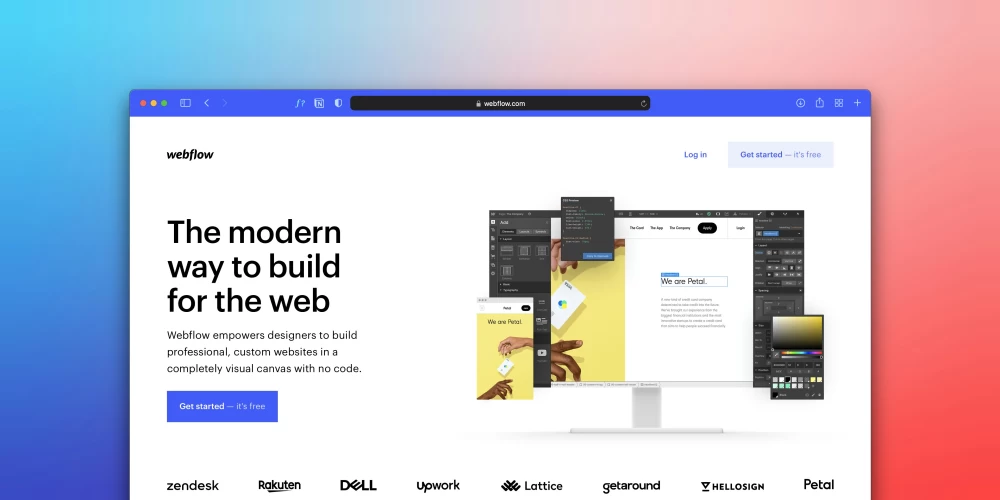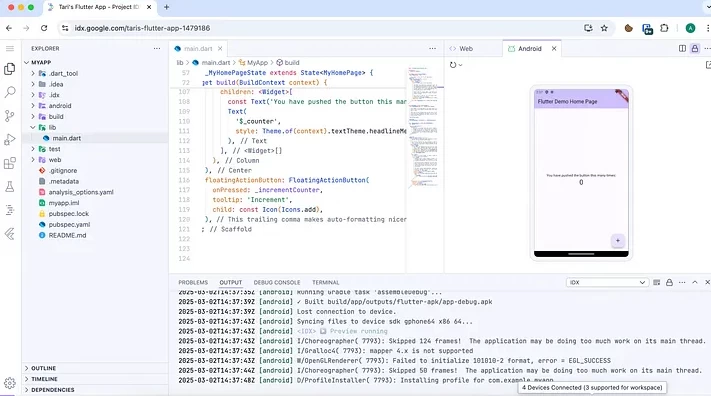Table of Contents
Creating a portfolio website is a crucial step for freelance web developers to showcase their skills, highlight their expertise, and attract potential clients. A well-designed portfolio website not only demonstrates your capabilities but also serves as a powerful marketing tool.
Optimize Your Online Presence:
SEO:
Optimizing your portfolio website for search engines, also known as search engine optimization (SEO), is crucial for increasing its visibility and driving organic traffic. Here's a detailed guide on how to optimize your website for better search engine rankings:
Conduct thorough keyword research to identify relevant keywords and phrases related to web development and your specialization. Use tools like Google Keyword Planner, SEMrush, or Ahrefs. Focus on long-tail keywords that are specific to your services or projects.
Incorporate your target keywords naturally into your website's content, including headings, paragraphs, and image alt text. Craft descriptive and compelling meta titles and meta descriptions for each page, incorporating your keywords.
Create informative, valuable, and engaging content that addresses the needs and interests of your target audience. This can include blog posts, tutorials, case studies, and industry insights.
Social Media:
Creating and maintaining active social media profiles can significantly enhance your online presence and help you connect with potential clients as a freelance web developer. Here's a detailed guide on how to effectively utilize LinkedIn, Twitter, and Instagram for your professional purposes:
Online Communities:
Participating in forums, communities, and online groups related to web development is an excellent way to establish your expertise, connect with fellow professionals, and potentially attract clients. Here's a comprehensive guide on how to effectively engage in these online spaces:
Local Networking:
Attend local business events, meetups, and workshops to connect with potential clients and other professionals in related fields.Online Networking:
Engage in web development-related forums, LinkedIn groups, and social media communities to build relationships and establish your expertise. Freelance Platforms and Job Boards:Upwork, Freelancer, etc.:
Create profiles on popular freelance platforms and bid on relevant projects. Be sure to showcase your skills and portfolio effectively. GitHub Jobs, We Work Remotely, etc.: Explore niche job boards that specialize in remote or technical roles. Content Marketing:Blog:
Start a blog on your website and write about web development topics, trends, and solutions. This demonstrates your expertise and can attract organic traffic.Guest Posts:
Contribute articles to relevant blogs or platforms in your industry to increase your visibility.
Referrals and Testimonials:
Ask satisfied clients for referrals and testimonials. Positive feedback from previous clients can significantly boost your credibility.
Cold Emailing:
Research and identify potential clients who might benefit from your services. Craft personalized and well-researched cold emails showcasing how your services can solve their specific problems.
Partnerships:
Collaborate with graphic designers, marketing agencies, or content creators who might need web development services for their clients.
Create free resources such as e-books, templates, or guides related to web development. Collect email addresses in exchange for these resources to build your email list.
Paid Advertising:
Consider using platforms like Google Ads, Facebook Ads, or LinkedIn Ads to target your ideal clients. Attend Conferences and Workshops:
Participate in industry conferences, workshops, and webinars to network with potential clients and stay updated on industry trends. Persistence and Follow-Up:
Absolutely, maintaining consistent and professional communication is crucial for freelancers and business owners to build trust, foster relationships, and secure clients.















